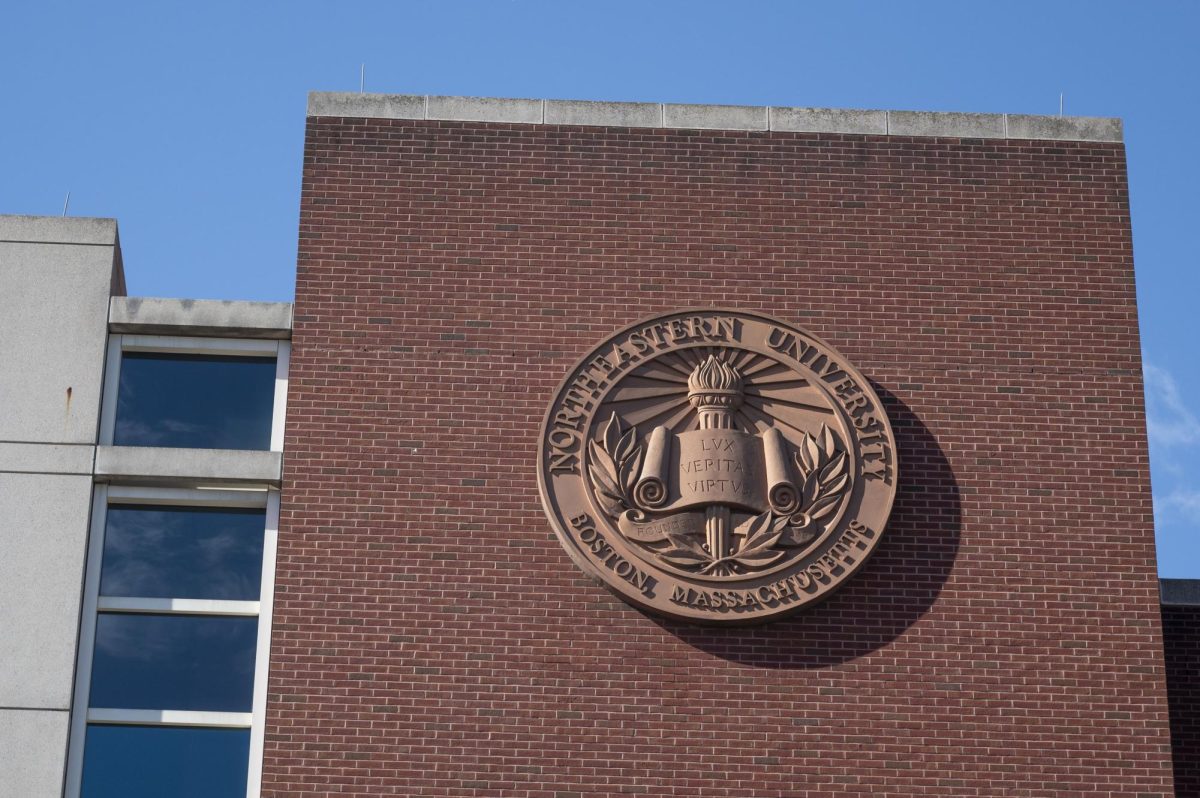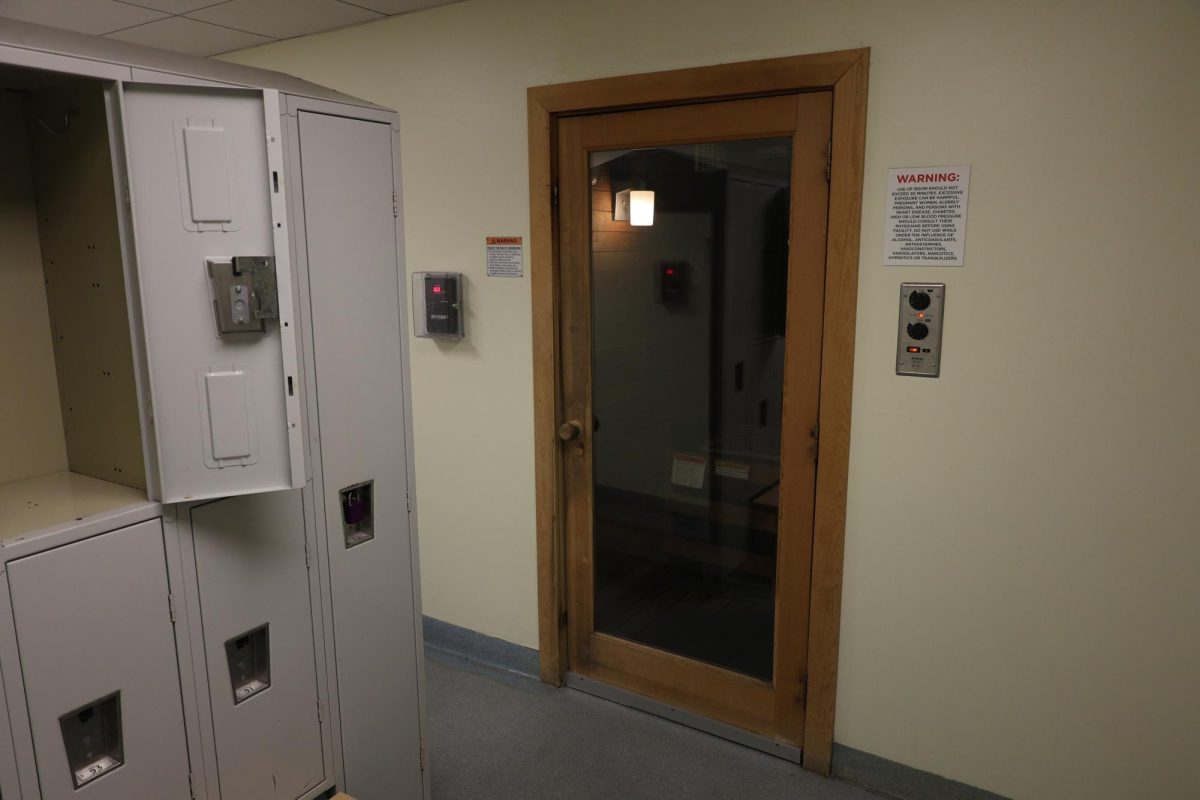By lana Guttin
It seems like every college student is affected by the same abominable demon: stress.
The American Institute of Stress (AIS) calls stress “America’s number one health problem” (www.stress.org). It explains that stress used to be beneficial for humans faced with the physical challenges of survival during primitive times. This is why stress elevates heart rate, blood pressure, blood sugar levels, and quickens the rate at which blood clots. Now that most daily physical pressures have been alleviated since the birth of technology, people faced with emotional and psychological pressures naturally react with these archaic fight or flight responses.
Students stress over different things.
“Grades and the social pressures of being a transfer student stress me out,” said Stephanie Stepp, a middler journalism major.
“I stress out about getting my artwork done on time and friendship, relationship drama,” said Melanie Parrella, sophomore graphic design major.
Simply talking to people about stress seems to speed up their speech patterns and quicken their breath. Stress may seem normal, but it can have harsh effects on students’ physical and mental health.
Pamela Harris, Coordinator of Health Promotion and Planning at The Lane Health Center, believes that sickness is “directly related to stress.”
“Our numbers of students coming in with upper-respiratory, gastrointestinal problems, fatigue, and headaches increase during midterms and finals. [This] stress can lead to anxiety and panic attacks,” Harris said.
She has seen students “living on Coca-Cola and candy bars” and they don’t know why they are sick.
The AIS confirms that, “repeatedly invoked, it is not hard to see how stress can contribute to hypertension, strokes, heart attacks, diabetes, ulcers, neck or lower back pain and other ‘Diseases of Civilization.’ Certain types of chronic and more insidious stress due to loneliness, poverty, bereavement, depression and frustration due to discrimination are associated with impaired immune system resistance to viral diseases ranging from the common cold and herpes to AIDS and cancer.”
Reducing stress can improve quality of life in the short and long terms. When it comes to dealing with stress, Harris says, “I tell students to do what their Mama told them.” She suggests all types of aerobic activity, making good eating choices, sleeping well, meditation, verbalizing, talking to friends and journal writing.
“Writing things down can free your mind and help you see things that you may not have seen before,” Harris said.
She warns against overindulging in things like food, drinking, illegal drugs, and even working out.
“Moderation in all things” is her motto.
“Masturbation is good for stress but if you masturbate so much that you are late and miss classes it is not good,” says Harris.
She also considers movies a good stress reliever but when students go to the movie theatre and indulge in it she calls it too much of an escape.
Parrella listens to Dave Mathews and works out at the Marino Center to cope with stress. Stepp writes and dances.
Other activities that may relieve stress are Yoga, Tai Chi, painting, drinking herbal teas such as chamomile, and reading.
Finding a technique that reduces your stress will make life seem easier and more enjoyable. Take the time to fight that demon or at least keep it in a cage.









